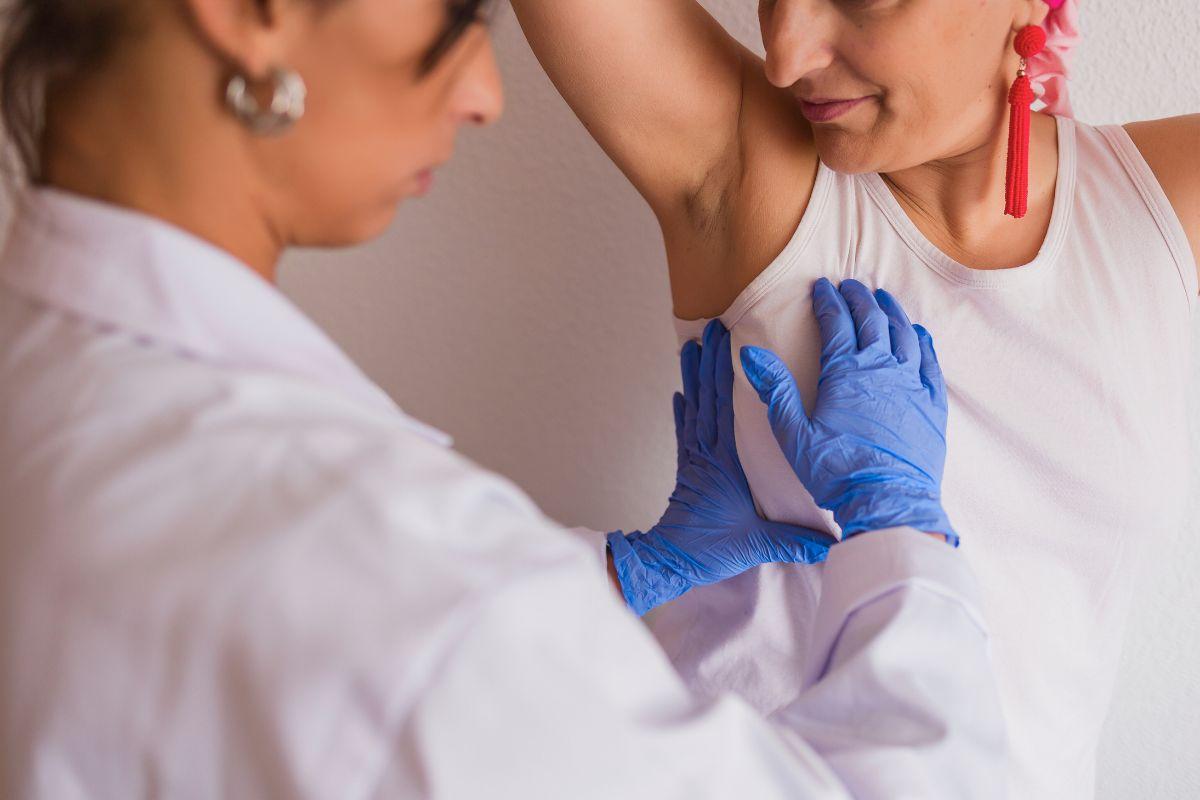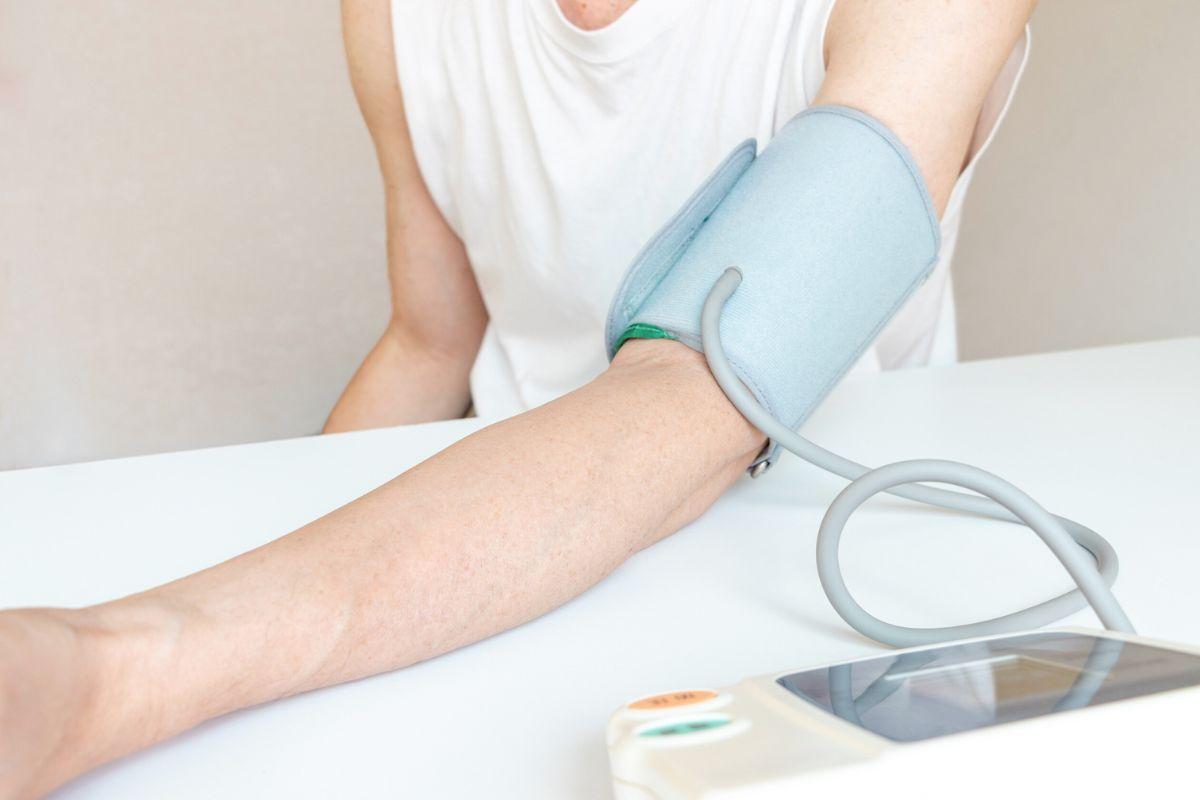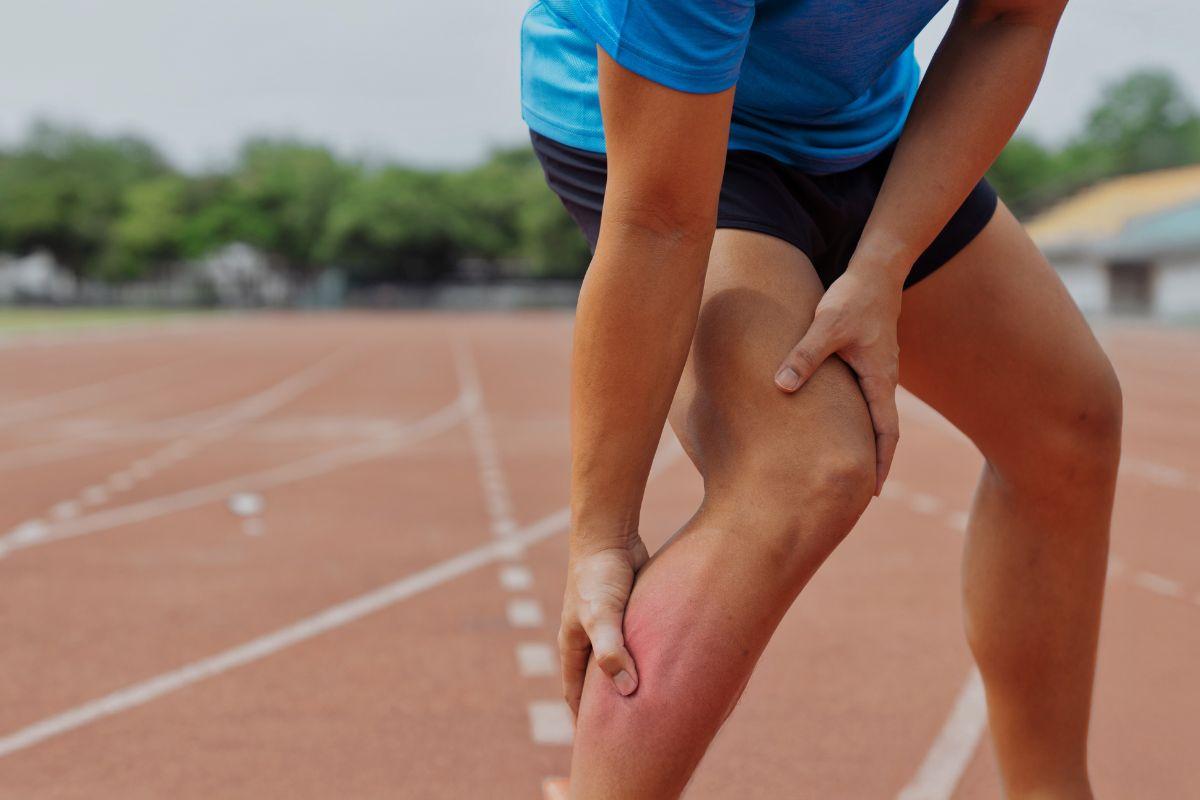Written by Dr Ravi Rajakariar for Doctify
The kidneys do more than just get rid of waste products and toxins from the blood. They also regulate the amount of water in the body, help to control your blood pressure, regulate the red cells in the blood and are vital in bone health by converting vitamin D to its active compound.
Kidney disease is a strong risk factor for heart disease. If your kidneys fail completely, you will need dialysis or a transplant. Patients with end stage kidney failure can wait for 3-5 years to receive a transplant from the waiting list. During this period they need dialysis, which is cumbersome and often a difficult experience for most patients.
We can stop or slow down kidney disease if we detect it earlier. In the event this is not possible we can plan for the future either receiving a transplant or dialysis.
Kidney disease often has no symptoms especially in early stages and the only way one can detect it is by urine and blood tests
Who would need a kidney test
Several long term conditions are associated with kidney disease:
- High Blood Pressure
- Diabetes
- Kidney stones
- Frequent urine infections
- Patients on certain long term medications such as anti-inflammatories
- Prostate problems
- Hereditary conditions such as Adult polycystic kidney disease (APKD)
If in doubt you should approach you GP for advice. Remember the simplest kidney test is a urine test strip that can be done at your GP surgery.
What would a kidney test include?
The first test that will be done is a urine test. This is a bedside investigation using a urine test strip that can identify blood, protein and extra cells like leukocytes, which are common in infections. This often happens when you register with a general practitioner. If there are abnormalities such as blood or protein you may be advised to have a blood test.
If the bedside urine test shows protein (± blood), the sample should be processed to measure the level of protein in urine. At that time you should make an appointment to see your doctor who will then make an evaluation, check your blood pressure, undertake a physical exam. Blood will be then sent to measure kidney function.
The test for kidney function is blood creatinine level. Using this result the laboratory can estimate your kidney function, which is called, estimated glomerular filtration rate (eGFR). In young people with healtyh kidneys this is 90-100 mL/minute. This declines naturally with age. If your eGFR is low then an ultrasound scan and a referral to a kidney specialist may be recommended. A specialist like myself will arrange more blood tests and consider a kidney biopsy.
Chronic kidney disease (CKD) can be divided into five stages.
Stage 1 and 2: When kidney function is greater than 60mL/min.
Stage 3: 30-60 mL/min
Stage 4: 15-30 mL/min
Stage 5: <15 mL/min
National Institute of Clinical excellence (NICE) has published guidelines for doctors to manage chronic kidney disease (CKD).
Kidney symptoms to look out for?
Kidney disease is often referred to as a silent killer because until latter stages of kidney failure it rarely causes any symptoms. When one does develop symptoms it can be often attributed to a ‘viral’ illness. When the kidney function falls below 30mL/min, symptoms can include, tiredness, nausea, poor appetite, itching, swollen ankles and shortness of breath. Urine may be frothy (a sign of heavy protein in urine). Visible blood in urine is uncommon.
With advanced kidney failure symptoms of ‘uraemia’ (high blood urea levels) my include persistent nausea (especially in the morning), vomiting, poor appetite, generalised weakness, fluid retention and difficulty breathing due to accumulation of fluid in lungs and chest pain.
How to keep you kidneys healthy
A healthy lifestyle goes a long way to protecting the kidneys by fighting off diabetes and heart disease. This includes:
- Exercise
- Healthy and balanced diet that include carbohydrates, protein, fruits, fibre and vegetables
- Give up smoking
- Cut alcohol intake
- Control blood pressure
- Good control of diabetes
If you do develop kidney disease
Kidney disease can cause high blood pressure and vice versa. Poor control of blood pressure will cause more rapid decline of your kidney health. The ideal target blood pressure in someone with kidney disease should be less than 130/80. Ways to control and monitor your blood pressure include:
- Cutting salt intake is and a healthy body weight is essential
- Avoid foods with high salt intake: Processed foods, take aways, Crisps, Crisps, Ham, Sausage, Cheese,.
- Watch the salt content in stock cubes and seasoning (e.g.: curry paste, Soy sauce)
- Purchase a blood pressure monitor and keep a record at home. Good quality monitors are available both a pharmacies and online.
- You may require medications to bring blood pressure under control
Diabetes and kidney failure
As a specialist, diabetes is the commonest cause of kidney failure that requires dialysis treatment. Good control of diabetes will prevent kidney damage. If you develop diabetes then it is vital to follow advice regarding keeping blood sugar levels under control. If you develop protein in your urine due to diabetes, then you may need blood pressure lowering medications: Angiotensin converting enzyme inhibitors (ACEi) or Angiotensin receptor blockers (ARBs). A GP or specialist with monitoring of your kidney function should commence these medications.
Further information
British Kidney Patient Association




